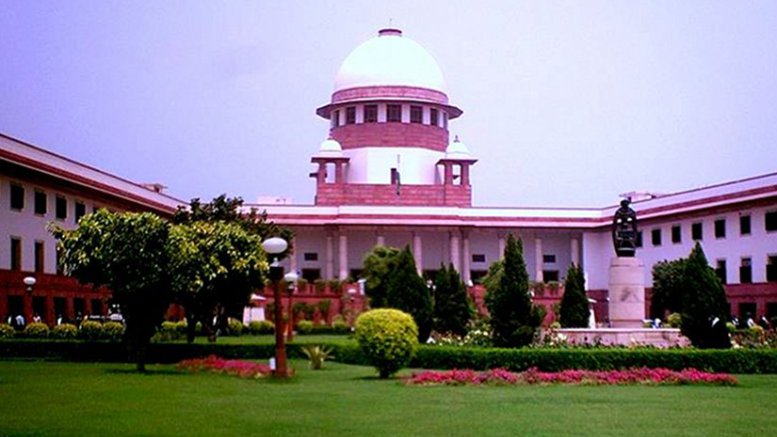
by Dr Bhargavi D Hemmige 9 May 2019
A landmark Verdict was given by Justice Rajiv Sahai Endlaw’s of the Delhi High Court with respect to Sting operation on 2nd May 2019. This judgement will definitely help to look at Sting operations often considered deceptive, in a new light.
A sting operation is a tool deployed in Investigative Journalism to collect information when it cannot be obtained easily. Justice Rajiv Sahai Endlaw’s observations came while dismissing a defamation suit filed by Indian Potash Ltd (IPL), a central government undertaking, seeking Rs 11 crore damages from the Media Contents & Communication Services (India) Pvt. Ltd. and The Editor, Star News. A programme was telecast on this news channel on 27th and 28th April, 2007 featuring a sting operation that showed that the company was allegedly selling adulterated or synthetic milk in western Uttar Pradesh. This news feature imputed that officers of IPL were associated with the sale of adulterated/ synthetic milk. An officer of the company, A K Srivastava, was caught in a hidden camera saying that the company mixed prohibited chemicals in the milk supplied by it in Western UP. The company officers were recorded in the sting video by the journalists who portrayed themselves to be engaged in the business of milk interested in tips for adulteration.
“Sting operations, possible in the recent past, are an outcome of advancement
in technology which permits video and audio recording, without the target
person coming to know. Such sting operations occupy a place of their own and
are today an important part of the society. Misdeeds are always clandestine,
shrouded in secrecy and rarely proved owing to the complexity of all involved
therein, and with hardly any evidence. None indulging in such misdeeds admits
thereto, least to journalists and media persons. The true picture is presented,
by laying a trap,” the court said.
The court observed that in this telecast also, the media persons portrayed themselves to be engaged in the business of milk and interested in availing services by adulterators or wanting tips. It observed that adulteration of milk, a vital food product which is widely valued in our society as an essential ingredient especially for children has always been a subject of public interest and concern since it affects health and wellbeing.
The court added the only way to bring the same in the public glare is through such sting operations which may not result in punishing the guilty but at least has the effect of stopping or suspending the misdeeds, even if for a short time.
The court noted the company has not proved to have suffered any defamation or consequence thereof and it was not inclined to return a finding of defamation or even award nominal damages to the plaintiff against the media house.
The court said press and the media are not exempt or always protected from the general law relating to defamation but it is to be kept in mind that defamation law is not to be used to gag, silence, suppress and subjugate press and the media and the Journalists right to free speech given in Article 19 (1) (a) should be kept in mind .
“We are today living in the era of ‘Right to Information’ with matters hitherto before inaccessible to the public becoming accessible to the public and ultimately leading to good governance,” the court noted. Interestingly, It also referred to recent judgment in Rafale matter and said the Supreme Court has gone to the extent of holding that the right to information prevails even over the Official Secrets Act and it has to be read harmoniously with.
It is evident that the court thought it was appropriate that defamation law should not be as a protective amour to Gag, Silence, suppress and subjugate the media houses in such matters of Public Interest.
A sting operation is a method to catch the wrongdoer through deception. The term Sting was popularized in 1973 by a movie called The Sting. The possibility of entrapment was rejected as in this particular case it affected the health and wellbeing of the society.
Another highlight of this
pronouncement was the emphasis on purpose.
“Courts, while dealing with claims for defamation from such sting
operations, cannot be unmindful of the purpose they serve in the society.
Awarding compensation/damages for defamation against persons, who at their own
cost, inconvenience and risk of being beaten up on their cover being blown,
carry out such sting operations, will act as a deterrent and ultimately result
in the society being deprived of the benefit thereof” Opined Justice
Rajiv Sahai Endlaw.
In India, there is no specific law or judicial observations specifically with
respect to sting, the aggrieved party can go to court on the grounds of
defamation, privacy laws, and entrapment, etc.
A well-informed community is the foundation of a democracy, such positive sting operations carried out in public interest with the aim of benefiting the society supported by Judiciary needs to be applauded.
References

